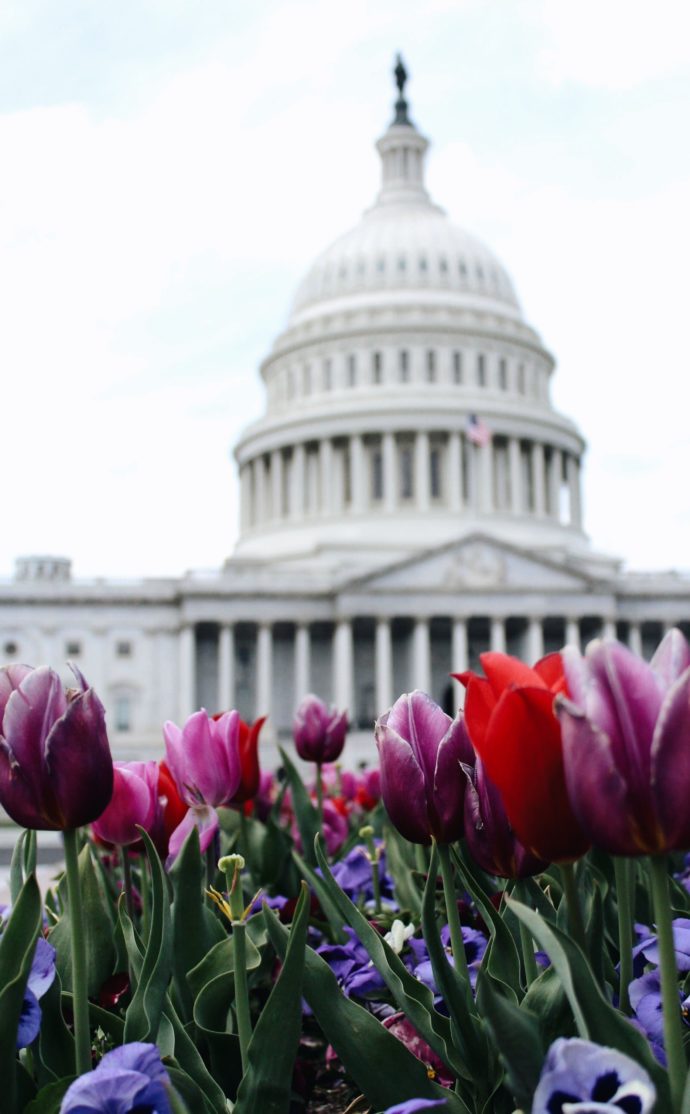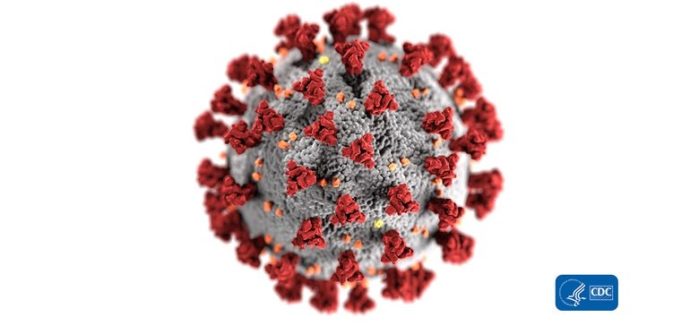Weekend Update
Happy Fathers’ Day.
The House and Senate are holding committee hearings and floor votes this week. On Tuesday the Senate Health Education Labor and Pensions Committee will hold a hearing on applying lessons learned from the current COVID-19 emergency to prepare for the next pandemic emergency.
Speaking of the current pandemic:
- The FEHBlog was wondering about whether there has been an uptick in COVID-19 related hospitalizations to accompany the uptick in COVID-19 cases over this month. The FEHBlog was delighted to find this handy CDC website on COVID-19 related hospitalizations which shows that new hospitalizations have continued to trend down this month.

- On Friday, OPM released guidance on the relationship paid leave / other time off and COVID-19 work by Federal employees. According to the guidance, OPM plans to issue “regulations [that ] will deem the COVID-19 national emergency to be an exigency of the public business for the purpose of restoring forfeited annual leave. The regulations [among other things] will provide that employees who would forfeit annual leave in excess of the maximum annual leave allowable carryover because of their essential work during the national emergency will have their excess annual leave deemed to have been scheduled in advance and subject to leave restoration.”
The U.S. Supreme Court has 15 decisions left to issue before its summer break. The Court is expected to issue some of those decisions tomorrow at 10 am. The Court is continuing to hold its Thursday conferences so all of 15 of the decisions may not be ready for issuance.
Georgetown Law Professor Katie Keith provided a welcome Health Affairs blog analysis of a complicated topic — federal regulation of employee wellness programs. The key complicating factor is that there are so many different applicable federal laws in play.








